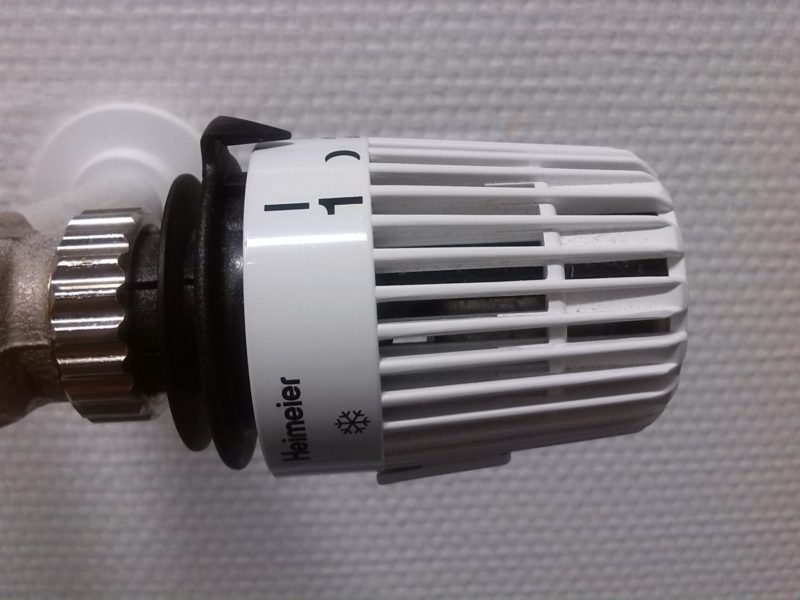Have you ever wondered how to keep water heater from freezing? No more wonder you have arrived at the right place. Standard water heaters are typically enclosed to improve efficiency in warming and maintaining the proper temperature of the water.
Water passes via pipelines in water heaters and tankless water heaters, which may dramatically chill water, particularly when it’s freezing outside. If you have a tank-style water heater, insulate the water heater. When temps dip underneath the thirties, insulating pipes helps prevent water from freezing.
Although it may appear complicated, this is a simple addition—a simple pipe cover may frequently prevent pipelines from freezing. Stagnant water in a water heater might freeze if it collects within. Frost occurs when water is frozen, causing interior plastic parts to be damaged. Remove the unit and use the faucets on the cold and hotlines to isolate the water supply to the heaters to avoid damage. This is only a preview; continue reading to discover more.
What Are The Causes Of Water Heater Freezing?
Water heaters with tanks, as well as on-demand water heaters, may freeze. If electricity is out for a short period, an electric water heater is unlikely to freeze; however, if somehow the heater is without electricity and the temperatures are below freezing, your water heater is very prone to freeze. Also, propane water heaters do not require a power source to work. If the water heater is powered by gas, heating will not be an option. Nevertheless, if a propane water heater loses its gas, it will freeze, like an electric water heater turned off.
However, it’s important to remember that water freezes in a heater are unusual, owing to the substantial thermal bulk and structural insulation of water heater reservoirs. Whether you’re concerned regarding the water heater freezing, keep an eye on the pipes that carry water to it. Whenever the temperature lowers, they seem to be more prone to freeze. Find out why does my hot water heater keep tripping.
How Would Winter Conditions Influence A Water Heater?
Many households wouldn’t consider plumbing on a regular schedule, and it’s generally only if there’s an issue that they think about now. Failures are frequently climate, and if you reside somewhere with frigid winters, you may have plumbing problems regularly. Winter weather may cause the pipes to swell as well as freeze. Whenever a tube swells far too much, it can rupture and flood a residence (assuming water runs at the time). So if the pipelines do not rupture, their over-expansion will lead them to malfunction. Moreover, if minor fractures appear in the heater or the channels that link it, they must be treated immediately, as failure to do so might escalate to more severe issues.
Tips To Keep Water Heater From Freezing
Having a well-running water heater is beneficial whenever the weather cools down and necessary heat. However, if the elements of a hot water system are exceedingly cold, its design would not create any boiled water. In some instances, the unit will completely freeze, including its water. Consider the below-mentioned tips to learn how to keep water heater from freezing.
#1. Drain your water heater
The first phase is much more of a means of prevention; therefore, it comes initially. Whether you’re worried about the water heater freezing when the weather gets colder, you may avoid all that by draining the tank. This is something that many people who already own holiday homes in colder climates do. Furthermore, when you anticipate you’ll be without power for a lengthy amount of time, there’s no justification for keeping the heater on that if you realize it won’t be turned up soon. Please remember that when there is no water inside, a heater and the pipelines it relies on aren’t in danger of swelling.
Shut off the chilled water system and the gas pipeline first. Switch off the temperature controller after that and unplug the electricity generation to the water heater at this point. Put a container beneath the heater once the power goes off to prevent water from spilling. Both drain covers on the cold and hot isolation valves will be removed. Then you should release those valves. The excellent water intake filter must be removed last. Know how long to drain water heater.
#2. Insulated water heater pipes
Whether you’re concerned with the water heater freezing but considering adding more insulation to safeguard it, don’t overlook the pipelines the heater uses. Because a water heater’s freeze-prevention mechanism does not preserve such pipes, users must wrap them with heat tape, fiberglass, or plastic wrap. You can also learn the disadvantages of water heater freezing.
#3. Use recirculation systems
Recirculation water heaters were popular among people who live in cold areas because they provide rapid access to water. The water heater can continually pump water to the house if you deploy a recirculation unit in the winter. As a result, your pipes will always be hot, and the water heater will not freeze. On the other hand, a recirculation system is more costly than a conventional water heater since it offers this valuable precautionary strategy.
It’s A Wrap!
We are happy to know that you have learned how to keep water heater from freezing. If you properly insulate your water heater pipes and use a recirculating system, you can easily save your water heater from freezing. Thank you, friends, for staying with us!

